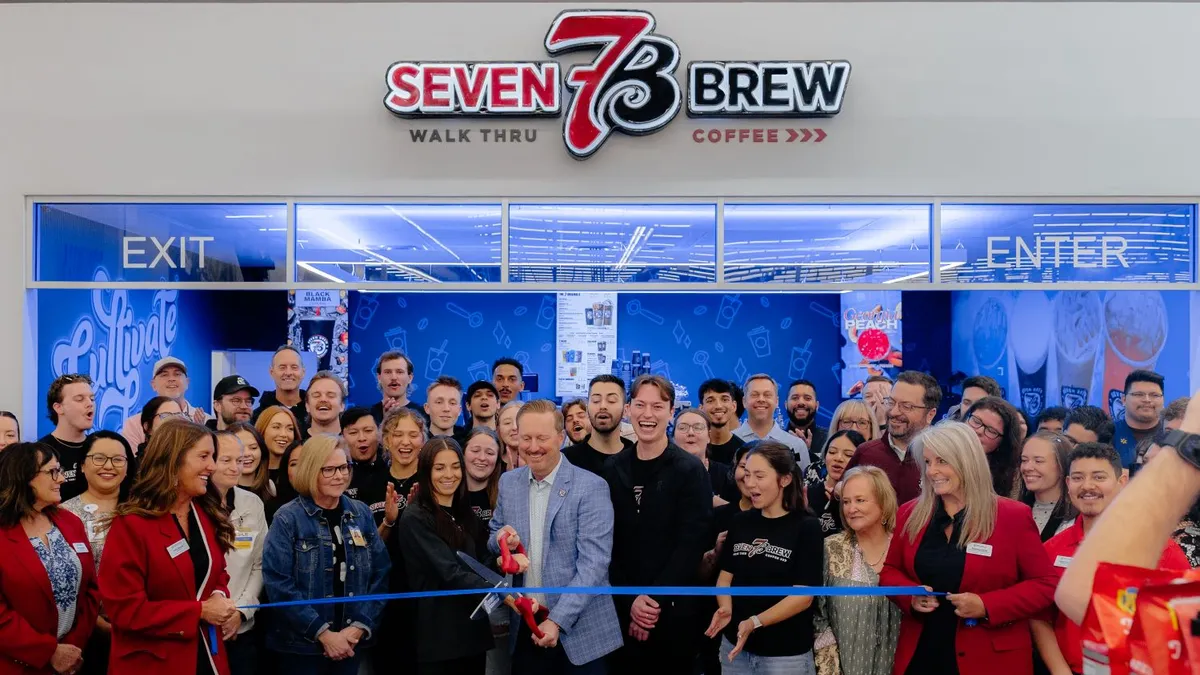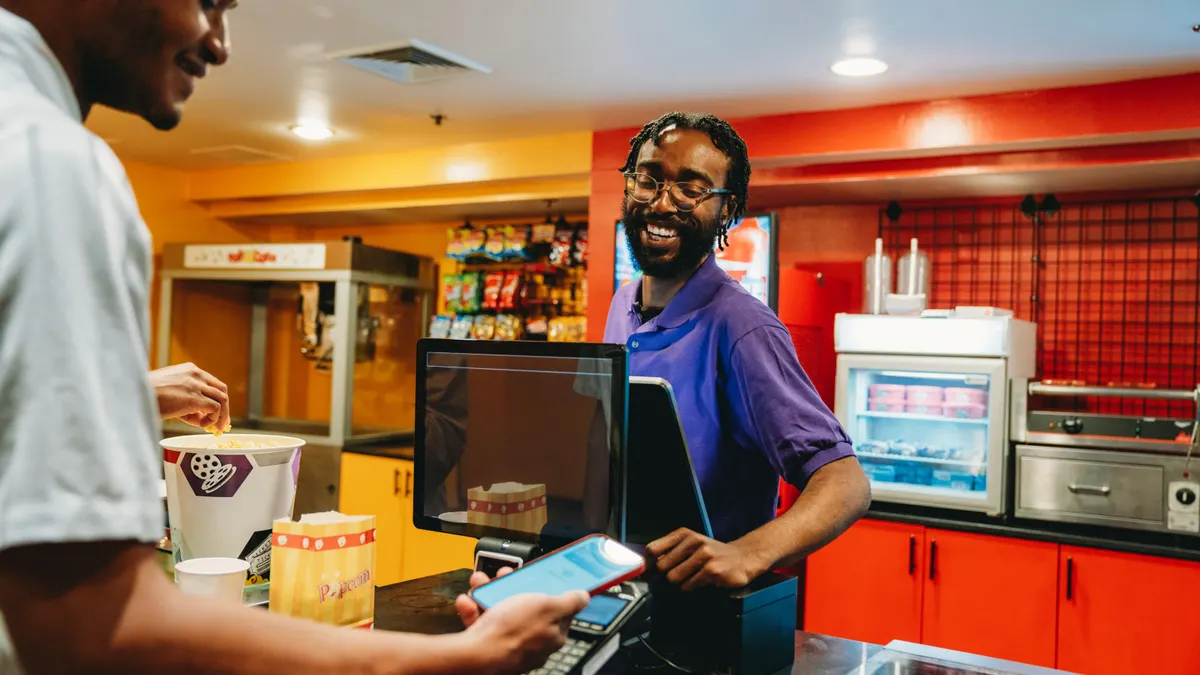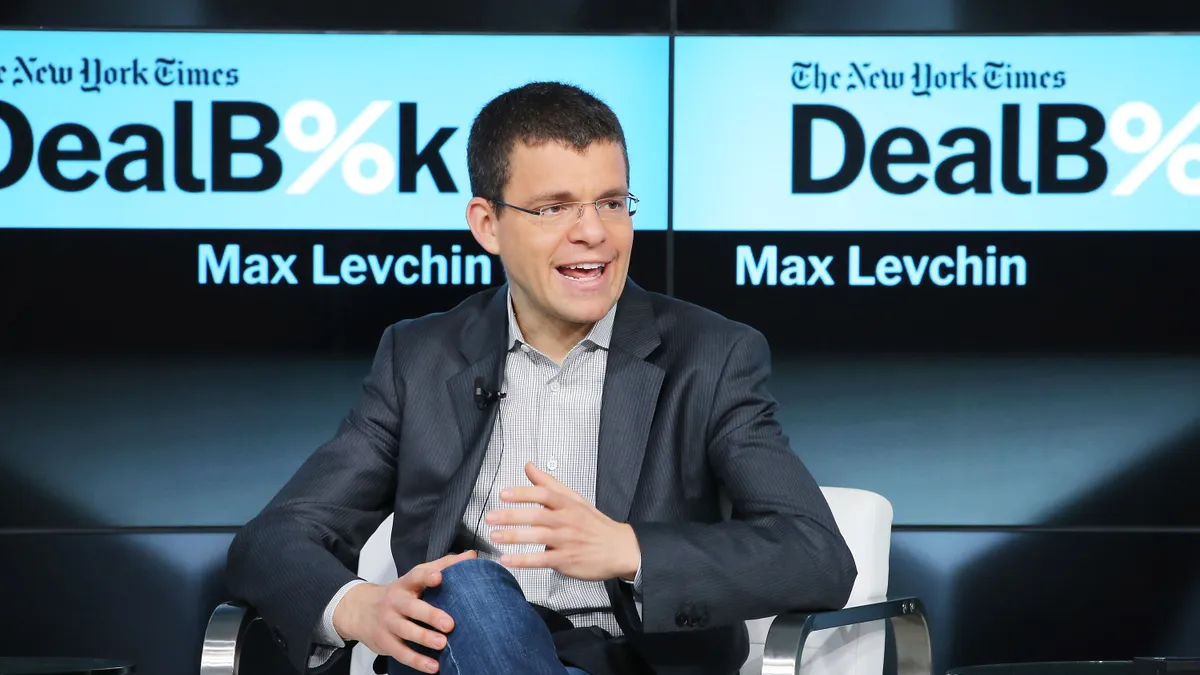Versapay, which specializes in accounts receivable software and payments processing, is reassessing and renewing its strategy after the appointment of a new CEO last year. The Miami-based company, which is backed by private equity firm Great Hill Partners, has North American niches in the commercial real estate, construction, distribution and manufacturing industries. Versapay has focused mainly on the mid-market, which it considers to be companies with annual recurring revenue of between about $50 million and $1 billion. Versapay CEO Carey O’Connor Kolaja, who was appointed to her role last year, explained in a recent interview how the company is positioning itself, following the appointment of a new chief product officer and a new chief payments and customer operations officer. While Versapay has primarily operated in the business-to business arena, it’s reconsidering business-to-business-to-consumer opportunities as well, she said.
Editor’s note: the following interview has been edited for clarity and brevity.
PAYMENTS DIVE: A key question related to executive appointments is: Are they related to a strategic change at the company?
CAREY O’CONNOR KOLAJA: We're dealing with a very complex problem, as you know, touching money in any company becomes paramount and ensuring that it gets moved to the right people at the right moment. Bringing in people who've been in the industry for years, thinking about that problem differently, and then elevating the expertise from within, is really core to what I want to do over the next two to three years.
So what sorts of strategic shifts might that entail?
We're primarily focused on North America right now. Cross-border, as well as international expansion, is core for any business to bring in new customers. That's an opportunity for us.
Which new markets do you think you would go to first?
I’ll refrain from answering that question. We still have some work to do. But I'll say in parallel to that, we have been a company that has done a lot in B2B, but we've had some B2B2C. We're rethinking where we can unlock value, more so in B2B, versus B2B2C, and in what verticals. We've had great success in verticals that are a little bit slower on this digitization journey, but understand the value of what it means to digitize, particularly their back office and the office of the CFO. And if you look at the share wallet within those verticals, we have a lot of expansion we can go after, and that's even before we open it up to other verticals.
Versapay is in the retail market to some degree. Do you see the company doubling down there?
I would say that it's not realistic for us to think that we're going to be able to compete at the rate of some of the other big B2C providers out there. I continue wanting to service our customers. I think omni-channel does matter, and we need to be able to provide an omni-channel experience, particularly for verticals that are doing more online, as well as offline. But we're not going to be in the business of trying to compete with Adyen, Stripe, Paypal or Checkout. Not that I don't think that there's room for improvements in all those players, but our unique focus is going to be on the verticals that we believe are on this digitization journey, that understand the value of efficiencies in the back office, that are really about B2B and they're in the mid-market.
Versapay services some larger companies by virtue of its 2022 DadeSystems acquisition, but in what other ways might the company consider reaching outside its mid-market sweet spot?
We have gone down-market as well as got up-market. You don't want to leave deals on the table, and we want to service our customers. At the same time, though, we know that going down market to the SMBs, we will do that through partnerships, like our NetSuite pay announcement that we made, where it's an automatic onboarding and servicing flow, because the cost structures of servicing down-market, without using automation, are advantageous to any business. So, we're being very, very thoughtful of when we go outside of our mid-market, who do we go outside of the mid-market with, and how do we do that through partnerships.
Would Versapay ever offer accounts payable services as well?
“It's a good question. I'm pretty certain about this one, although you can never say never. Our goal is not to offer accounts payable as a unique solution. We're working with accounts payable providers so we can close the circle. So, accounts receivable, that is the space for us, where you haven't seen a lot of development. There aren't a lot of players out there, particularly in the mid-market, but there's a massive problem to be solved.
What’s your take on the worldwide move toward real-time payments, including the Federal Reserve’s launch last year of the new instant payments system FedNow?
You're asking somebody who's been in the payment space for 25 to 30 years, looking at global shifts in regulation and different types of payment instruments. So, do I believe that offering real time payments 24 by seven is a necessity? Absolutely. I think movement of money in order to ensure that people can access their money when they need it and how they need it is important. We saw other countries leading the way on this with great success. And I do believe the U.S. needs to be on the same playing field.
Is there anything we haven’t discussed that’s an important topic of discussion in the industry?
I think that just like we saw in the consumer realm, where payments and verified identities became critical as the two were intertwined, we’re going to see a lot of that in business over the next two to five years as well, particularly with the sophistication of fraudsters and deep fakes. In businesses, there's more money moved, and there's more people that are impacted, and the money that gets moved tends to be 10 to 20x. And so I think that's going to be a growing discussion for us in the payment industry over the next few years.
Correction: This story has been updated to correct a misspelling in Carey O’Connor Kolaja’s name.






















